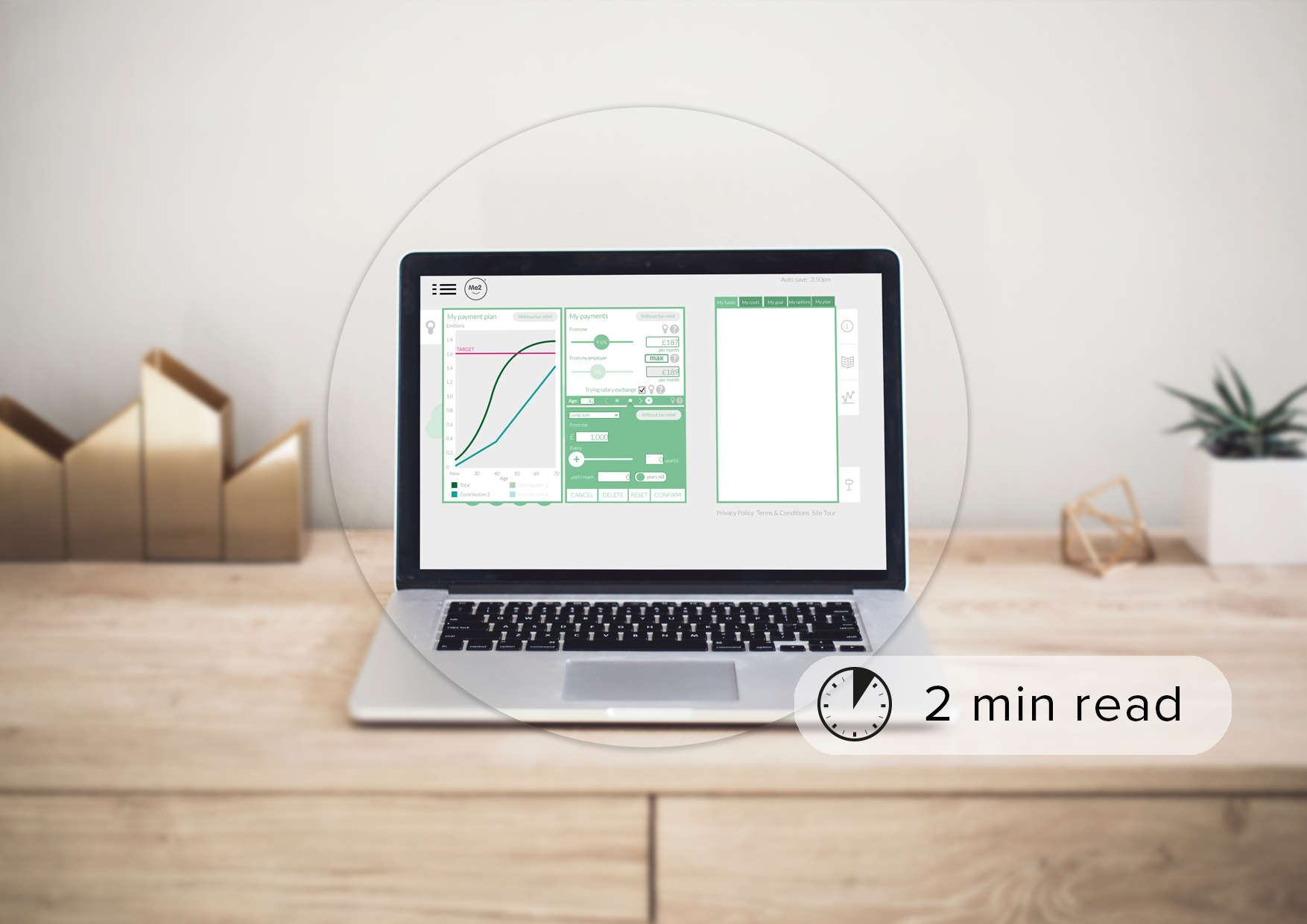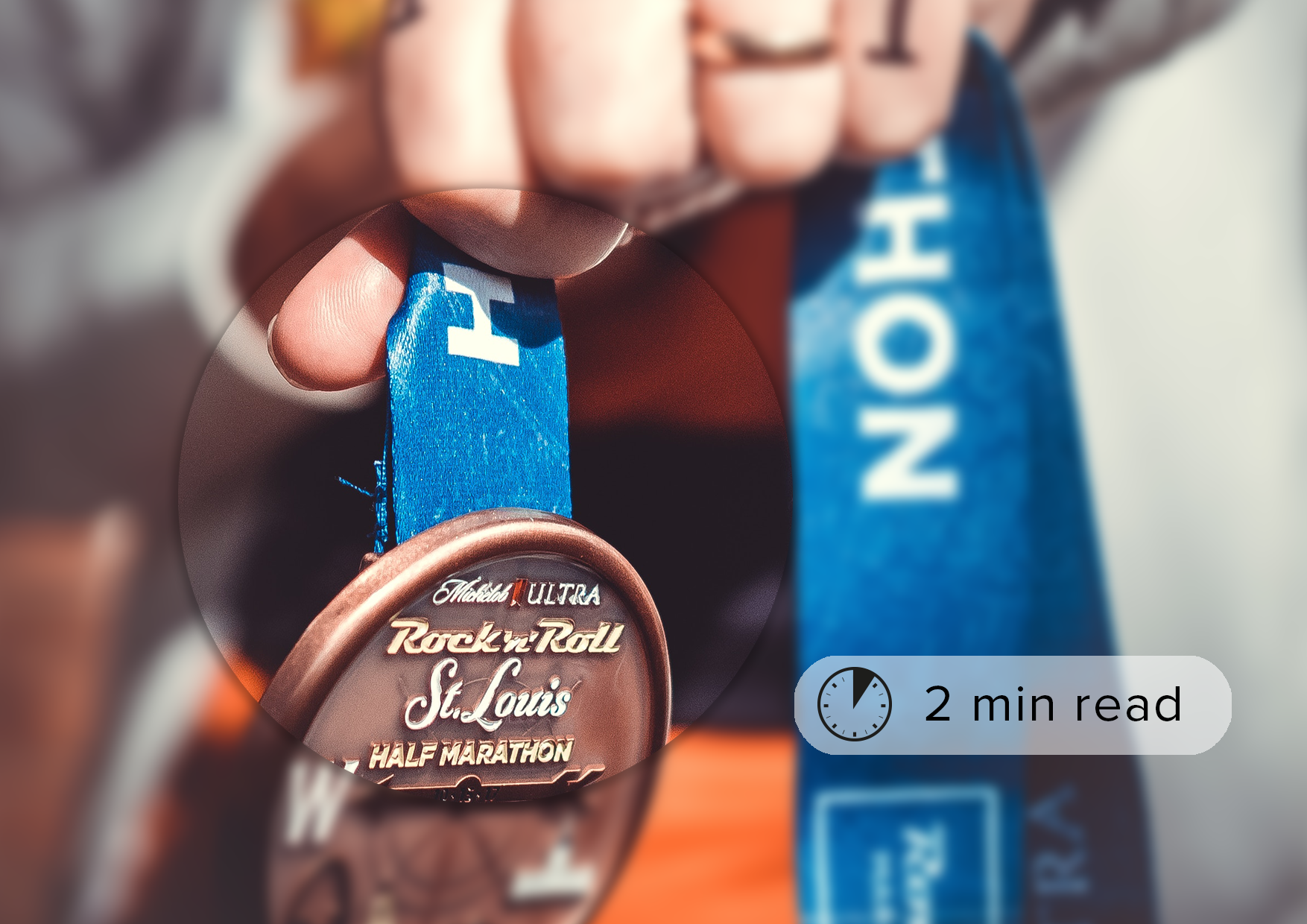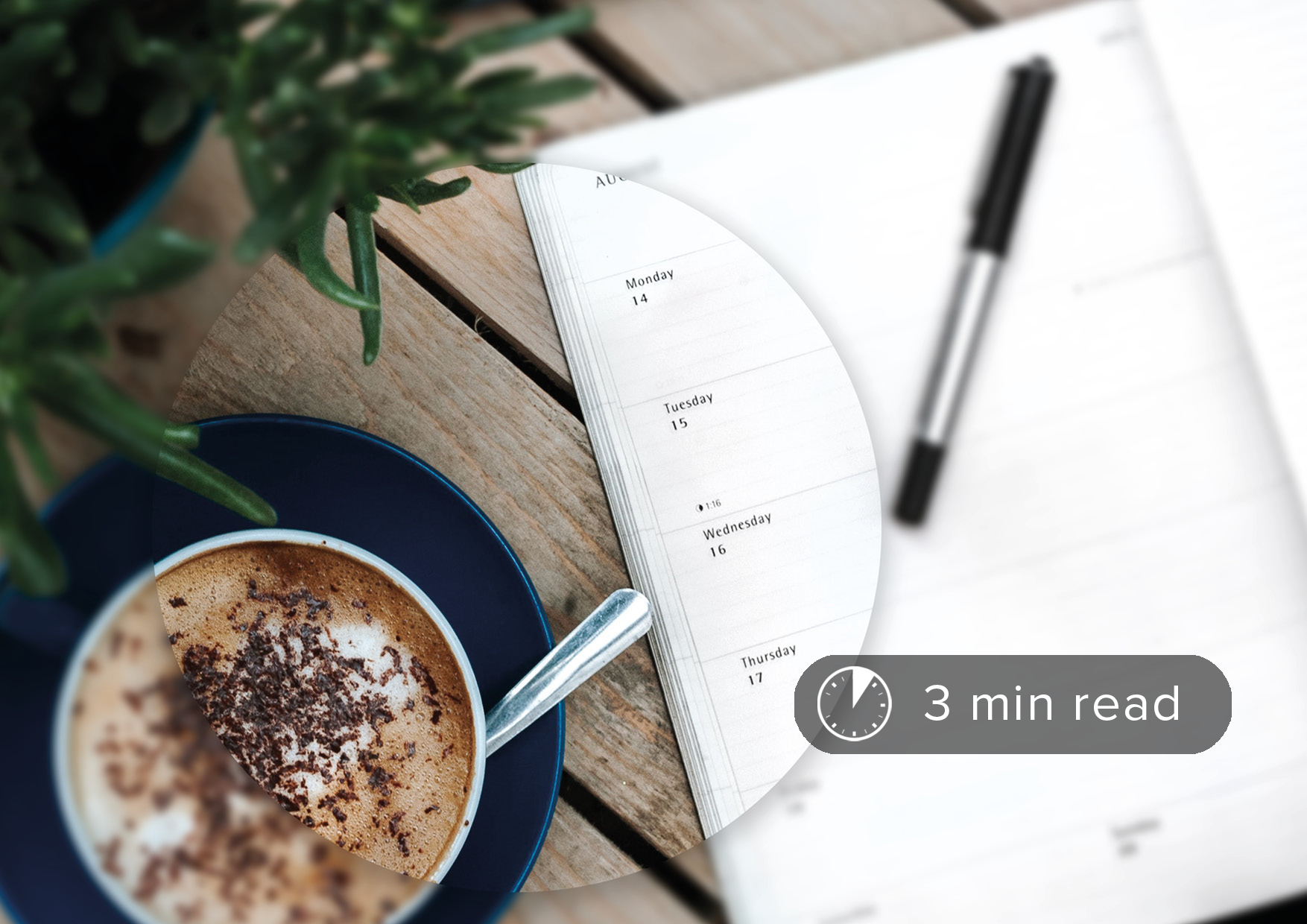Taking time for what’s important
Over the years, I’ve come to realise that all aspects of my wellbeing are fully dependent on me.
This was a hard thing to accept, particularly when times were difficult, but it’s something that’s definitely helped me prioritise what’s important. And this is especially true when it comes to my physical and mental wellbeing.
Do what you love
Like many working mums, at times I’ve found it difficult to juggle family, kids, work, and some sort of social life. Add workouts and trying to stay physically fit on top of that and life can become pretty stressful.
I used to work in the fitness industry as a Personal Trainer, so I was constantly surrounded by exercise and the pressure to keep fit. After a while this began to take its toll and I realised I needed a change. Having studied psychology, I knew the importance of looking after my mental health, and decided it was time to do something about it.
I started prioritising the things I love more. Going for long walks with my family, playing tennis, and jogging. I’ve loved getting outside in the beautiful scenery around where I live and this has really helped my mental wellbeing.
I do still go to exercise classes, as I’ve found I get more out of these with the instructor encouraging me. But one of the most invaluable things through all of this has been the support of a friend to help motivate me. OK, it does help that my friend is a Personal Trainer, but she has been incredibly supportive and has helped spur me on.
Mind over matter
As well as the physical side, I’ve also started to look after my mental wellbeing a lot more. I’ve complimented strenuous exercise with meditation, which has been great for my mental health. Although I had my reservations at first, I’ve found that meditation has really helped me clear my mind and it can be a godsend when you feel like your life is moving at 100mph. I now try to take 5–10 minutes every day to practice mindfulness and really look after my mental health.
By doing things I enjoy, looking after my physical and mental wellbeing feels more natural, and it’s easier to keep up good habits. So with that in mind, I‘d like to leave you with one of my favourite quotes from Jim Rohn; “Stand guard at the door of your mind”.
If you’re looking for some sporting inspiration to find new hobbies you’ll love, check out the BBC Sport’s Get Inspired page.













